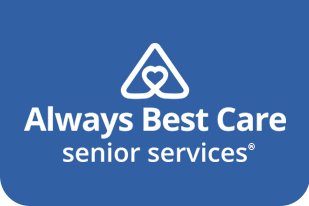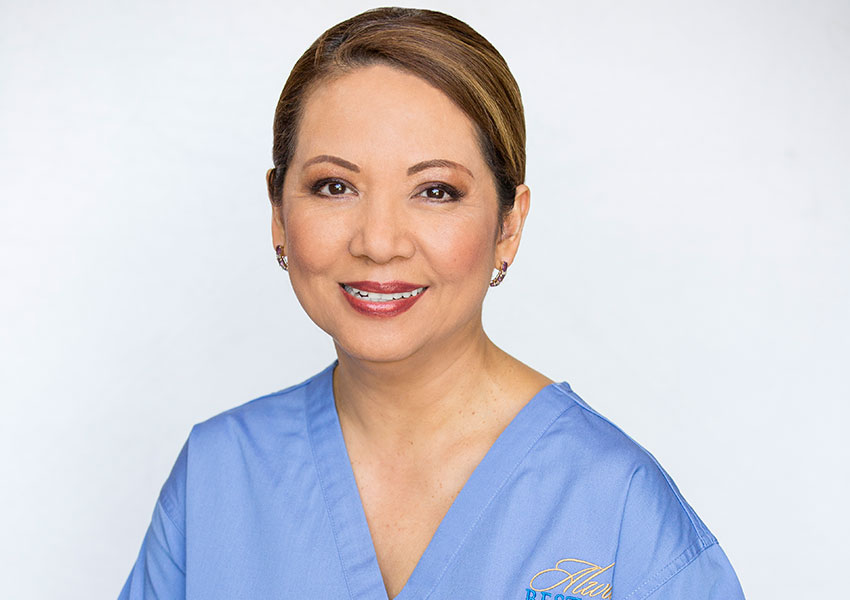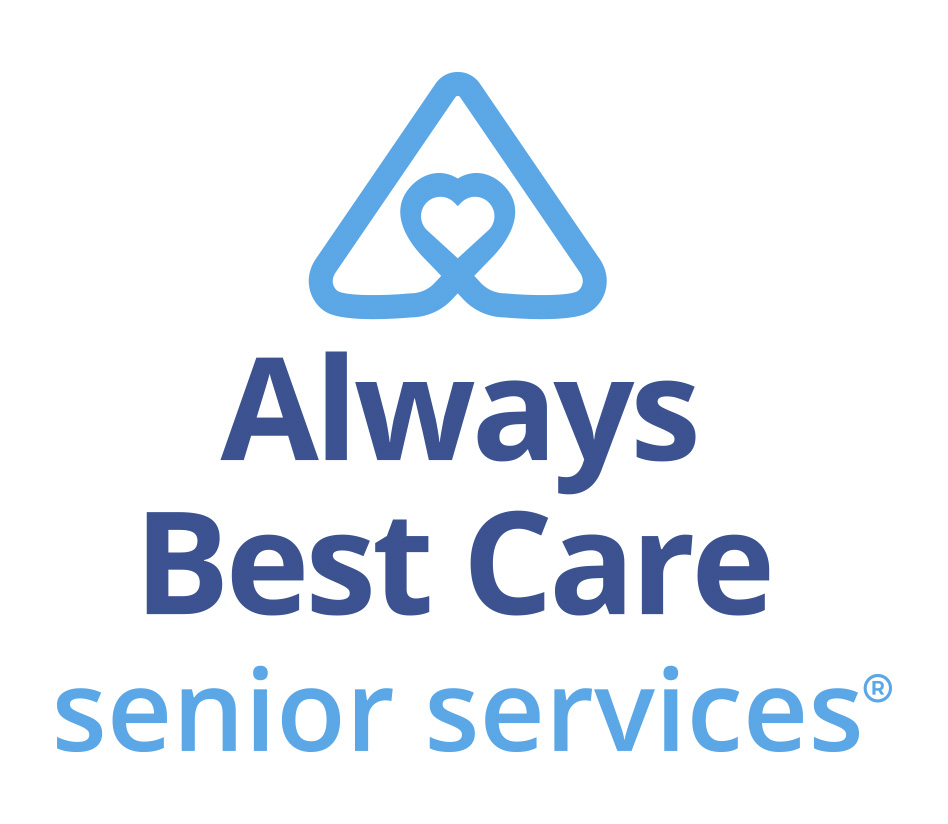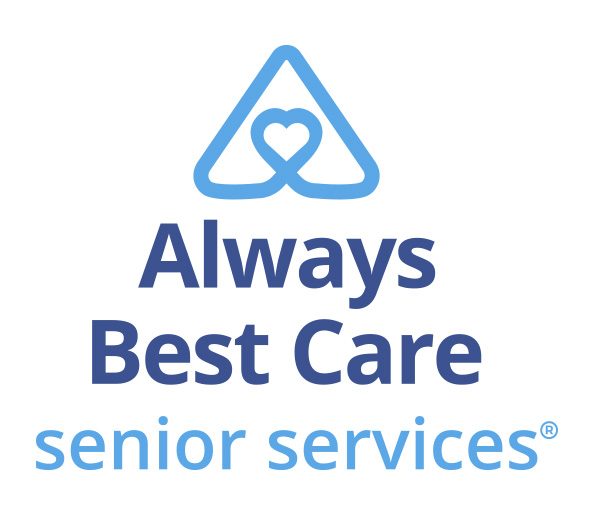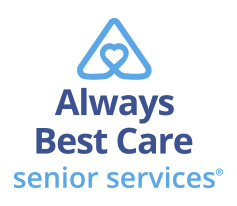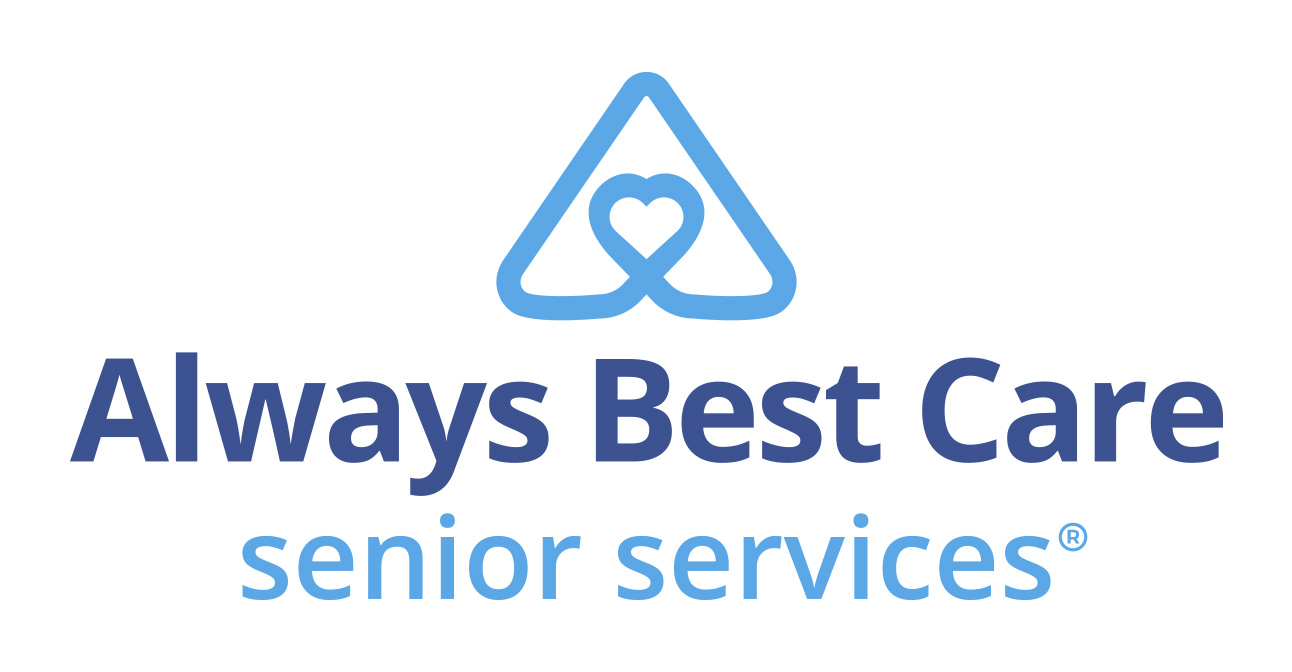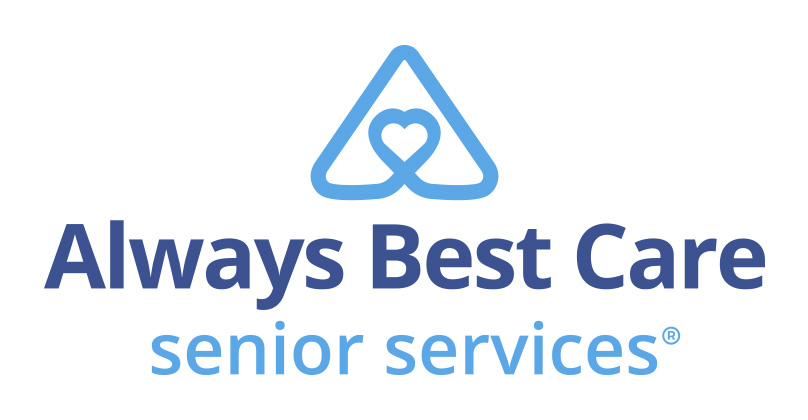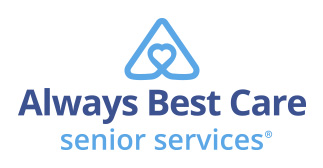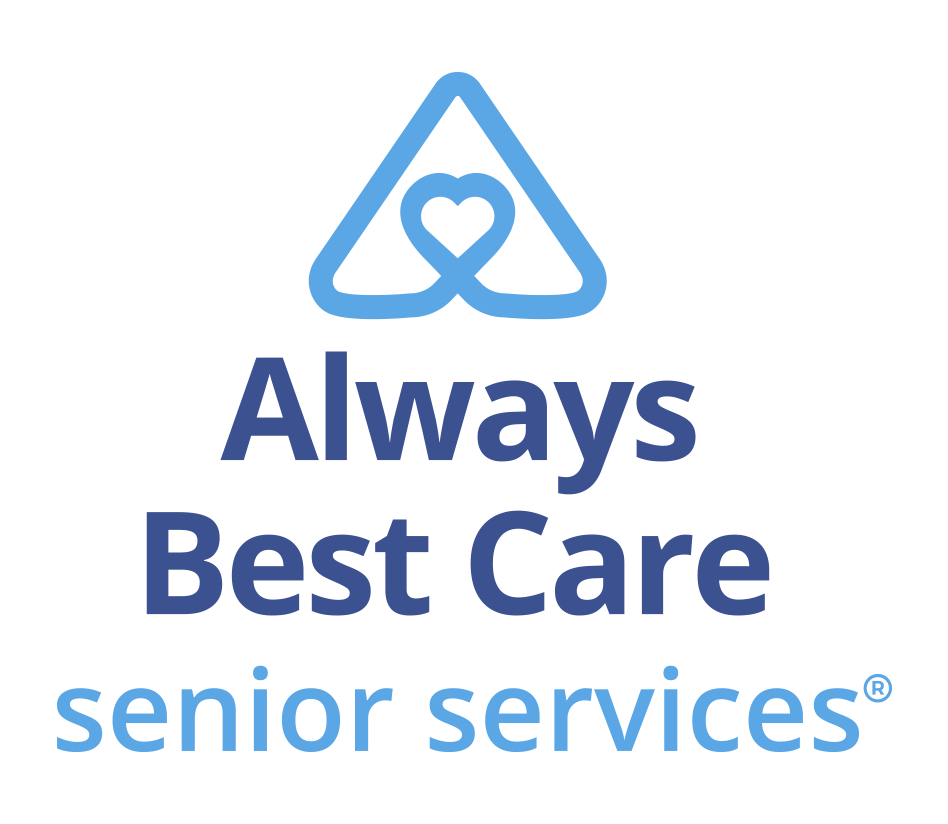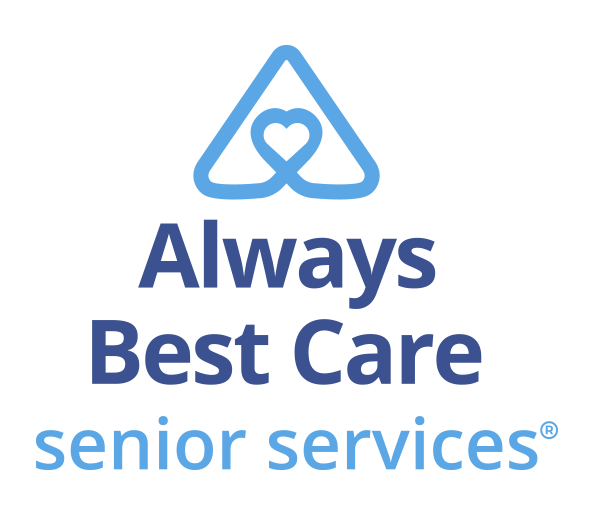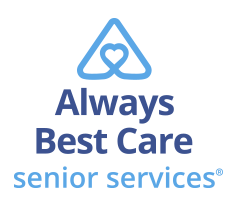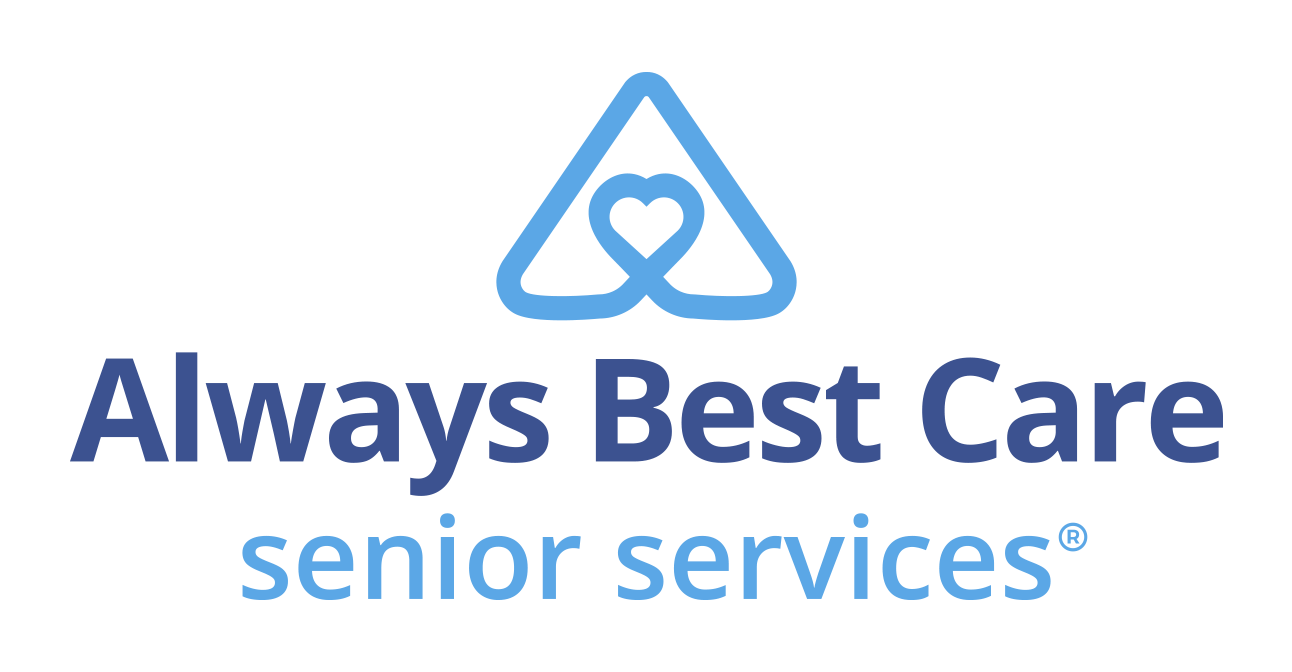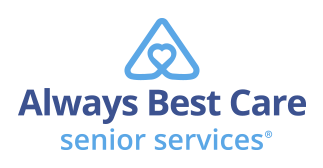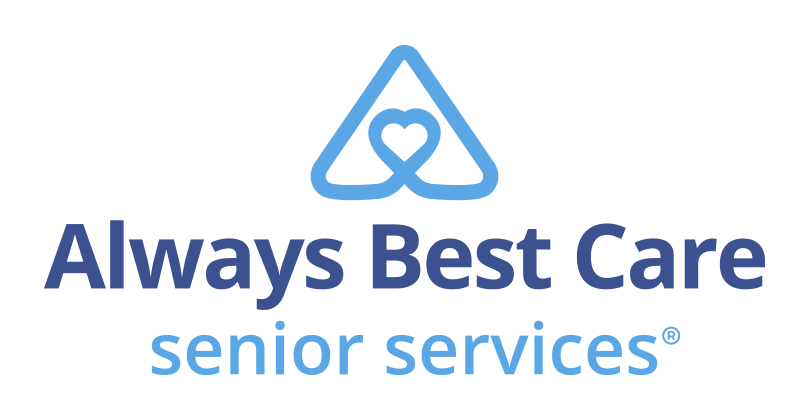As soon as the Medicare open enrollment period starts, scammers begin their efforts to steal your identity. The National Council on Aging (July 17, 2015) offers five tips to avoid the most common Medicare scams.
- Know how identity theft works. Someone pretending to work for Medicare may contact you and tell you they need your personal information to update your forms, but they’re actually looking for a way to steal your identity—and your savings. A legitimate Medicare employee would never ask for your personal information over phone or email—they already have it on file.
- Watch out for anyone asking for personal information. Examples include your Medicare number, Social Security number, bank account number, birthday and address. Medicare will never call, email or visit you and ask for your personal information. Scam artists may claim that Medicare is issuing new cards or updating forms, or that they need your financial information to process payment on an overdue medical bill. Even if they accurately cite a few numbers from your checks, do not assume the call is legitimate. If anyone is trying to “help you” with Medicare and asks for your personal or financial information, hang up or delete the email.
- Compare plans with a trustworthy adviser. There are countless insurance salespeople pitching policies that they promise will “save you thousands.” While some of the plans they suggest may be familiar, not all policies are right for everyone. Some salespeople may employ scare tactics or other strategies to pitch their plans, such as free lunch seminars or false claims of being affiliated with a government agency.
To avoid these issues, get advice from a resource you can trust. My Medicare Matter’s Medicare Mini-Check, created by the National Council on Aging, is a free, brief assessment that helps you compare plans online. Another excellent resource is your local State Health Assistance Insurance Program. It provides free, one-on-one and unbiased federally funded Medicare counseling. To schedule an appointment with one of its counselors, visit its website or call its toll-free national number at 1-877-839-2675. - Never sign a Medicare form without thorough examination.Some disreputable insurance agents may also try sending out release forms that allow them to make decisions on your behalf. Never sign anything Medicare-related without reading through it first—and get a friend, family member or lawyer to review it as well.
- When in doubt, call Medicare. If anything ever seems suspicious or uncomfortable, don’t hesitate to contact Medicare. Visit Medicare.gov or contact them toll-free at 1-800-MEDICARE.
Reprinted by Always Best Care Senior Services with permission fromSenior Spirit, the newsletter of the Society of Certified Senior Advisors The Certified Senior Advisor (CSA) program provides the advanced knowledge and practical tools to serve seniors at the highest level possible while providing recipients a powerful credential that increases their competitive advantage over other professionals. The CSA works closely with Always Best Care Senior Services to help ABC business owners understand how to build effective relationships with seniors based on a broad-based knowledge of the health, social and financial issues that are important to seniors, and the dynamics of how these factors work together in seniors’ lives. To be a Certified Senior Advisor (CSA) means one willingly accepts and vigilantly upholds the standards in the CSA Code of Professional Responsibility. These standards define the behavior that we owe to seniors, to ourselves, and to our fellow CSAs. The reputation built over the years by the hard work and high standards of CSAs flows to everyone who adds the designation to their name. For more information, visit www.society-csa.com.
To print this article CLICK HERE
